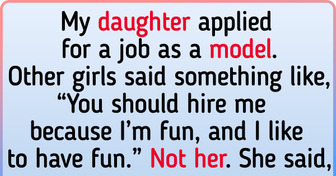Never breathe by mouth ever again
What Happens If You Breathe Through Your Mouth Instead of Your Nose
Bright Side explains why it’s better not to rob your nose of its primary function.
1. Your face changes.
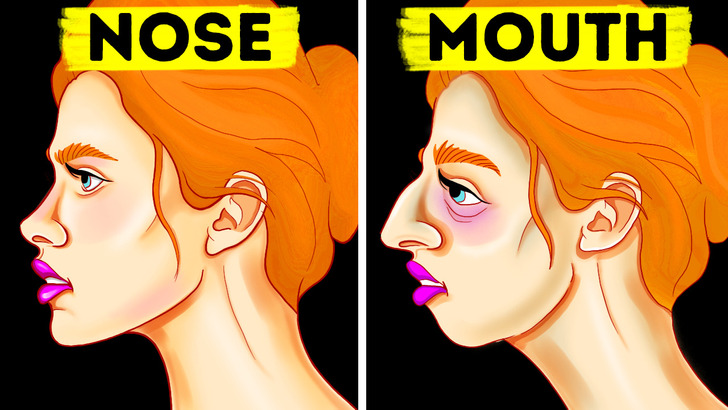
If you breathe through your mouth, you will eventually start noticing that your face changes its structure and grow forward and downward. It’s more noticeable in children since their faces are still growing. As you breathe through your mouth, your jaw and cheeks get narrower. That, in turn, causes a change in your nose shape.
Additionally, you can develop narrow nostrils and upper lip, as well as a forward open bite.
2. You start slouching.
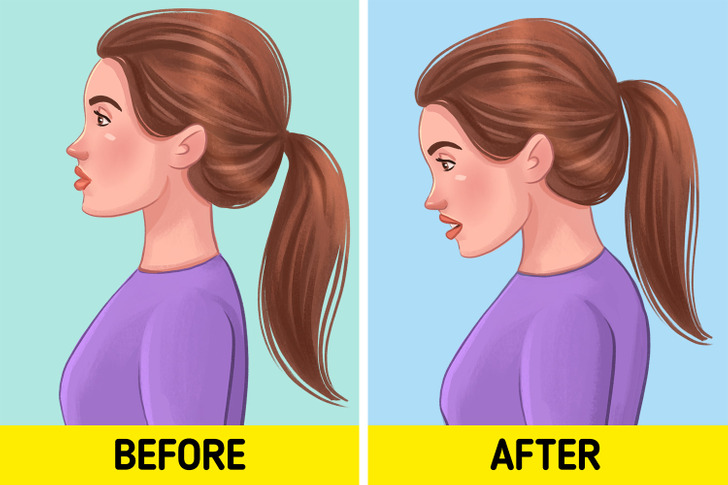
If you breathe through your mouth, you unconsciously tilt your head forward and your shoulders slump. As a result, you get a slouching posture which develops as a way to open your airways.
3. Your teeth suffer.
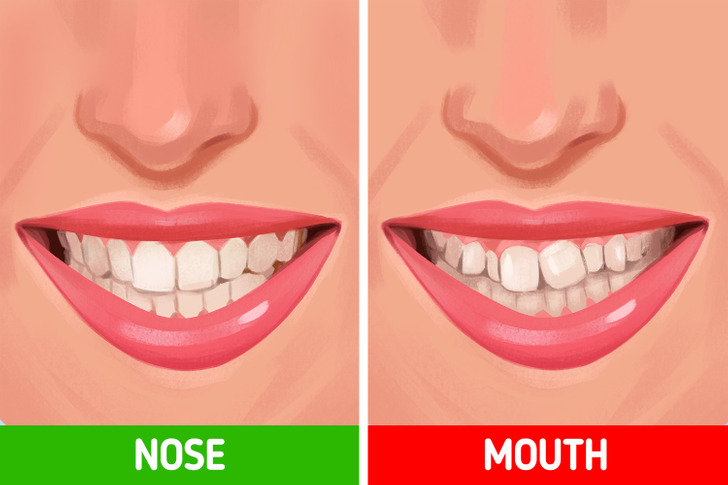
Mouth breathing negatively affects your teeth’s alignment. Many children who prefer breathing through their mouths develop crooked teeth and a wrong bite later. The resting lip posture and tongue position also change, and orthodontic treatment becomes complicated, especially when it comes to wearing braces.
4. You find it harder to sleep.
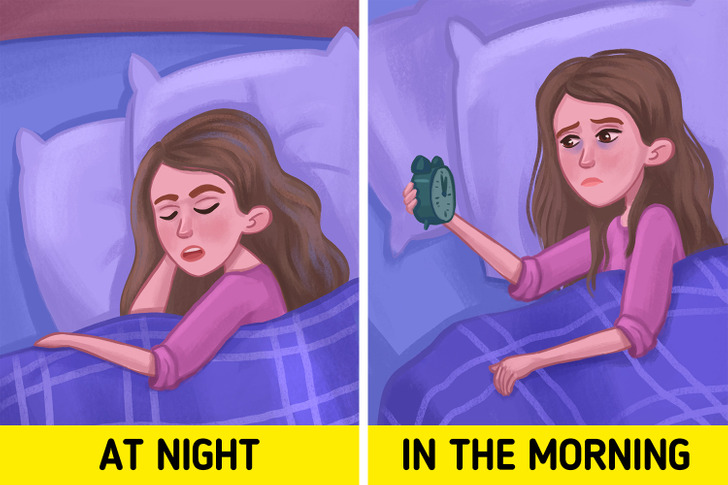
Less oxygen and more carbon dioxide enter your body. As a result, most of your body systems suffer. Besides, you’re more likely to snore and drool as well as suffer from chronic oxygen deprivation and sleep apnea. It is even recommended to tape your mouth at night, to help you breathe through your nose.
Do you breathe through your nose or your mouth? What other side-effects of mouth breathing do you know?
Comments
Related Reads
8 Psychological Reasons Why Someone Looks More Attractive to Us
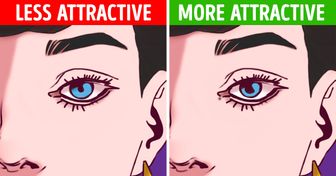
14 People Reveal the Biggest Lies They’ve Caught Someone In

15 X-Ray Shots That Easily Uncover The World’s Deepest Secrets
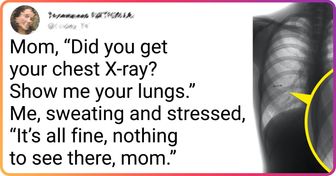
15+ People Who Dropped by a Thrift Store and Suddenly Hit the Jackpot

People Share 20+ Basic Facts They Didn’t Learn About Until Adulthood

Fans Point Out a Tricky Detail in All of Blake Lively’s Met Gala Dresses, and We Can’t Unsee It

The First Thing You See in These 5 Pictures Will Reveal the Truth About Your Inner State at the Present Moment

12 People Whose Hobbies Defy All Expectations

15 True Stories With Endings That Are Hard to Predict
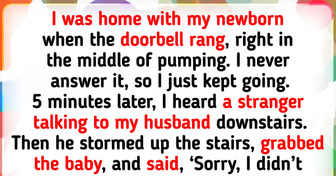
16 Stories About People Who Suddenly Got Really Lucky
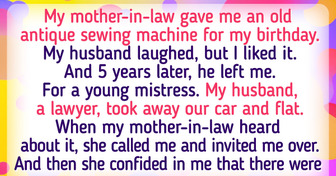
My Husband Has Disturbing Relationship With His Sister-In-Law, I Feel Like a Fool

15 People Shared the Witty Answers That Helped Them Land a Job Instantly
